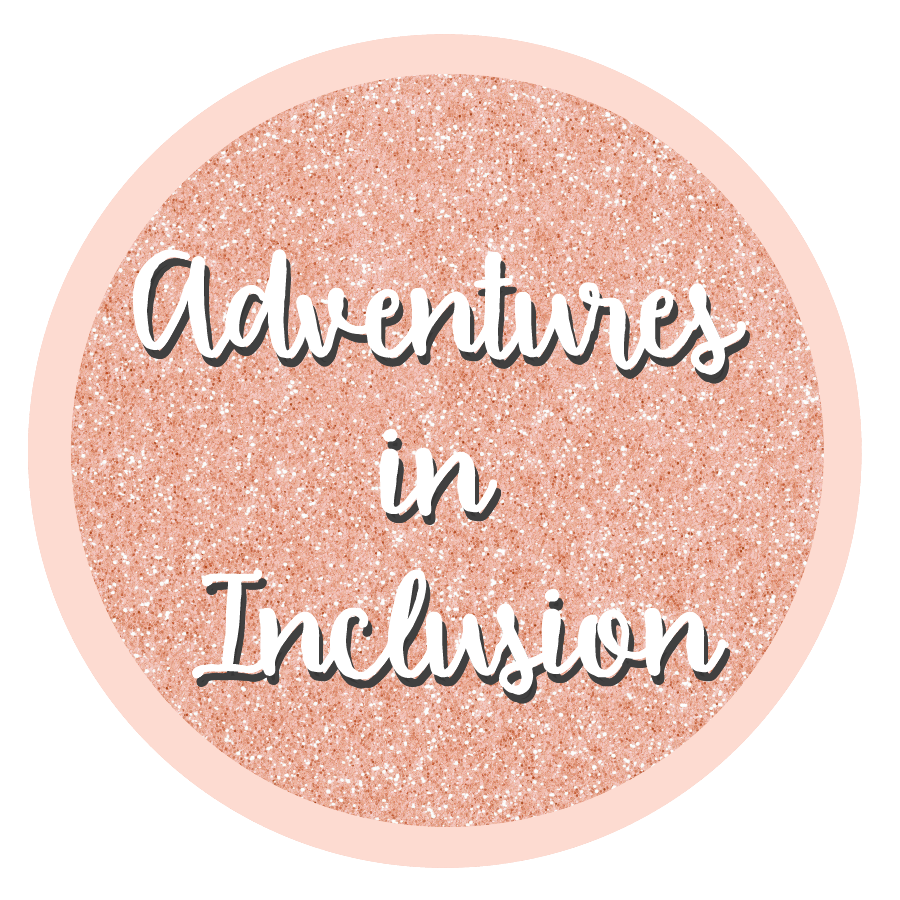
How to Guide A Successful Paraprofessional
Paraprofessionals
As special education teachers, it tends to be our responsibility to guide a paraprofessional. Even if it is not officially our job responsibility, our paras are working with our students, and we want to make sure that they know what they are supposed to be doing so we tend to take this on.
Who are they?
If you are unfamiliar, a paraprofessional is someone who works in your school, but usually is not a licensed teacher. In my experience, a lot of paras are working towards their license, or are newly licensed and are trying to get their foot in the door. I have also worked with some paras that are not striving to be teachers and enjoy having a fulfilling job with the same hours as their school-aged children.
What they do
The paras are going around with our students when we can not. For example, I co-teach math and ELA classes while my paraprofessional follows my students into science and social studies to ensure that they are getting all their necessary accommodations in those classes also.
A para may work as a one-on-one to a student who needs it. A paraprofessional may also be placed in a general education setting in the lower grades. In Pre-school and Kindergarten, there needs to be a smaller adult to child ratio. There are so many places that they are used in the school. And they can have a wide variety of responsibilities.
Be Approachable
A good paraprofessional is going to have a lot of questions. If you develop a communicative relationship with them they will be comfortable coming to you with these questions. I remember when I was a paraprofessional, I had so many questions and many of them I felt were silly. If I was not comfortable talking to the special education teacher that I worked with, I may have been embarrassed to ask a question that I felt was silly.
Encourage them to talk to you by asking how their day is going. Ask them if there is anything that they are struggling with. If you are comfortable, tell them some of the dilemmas that you have too. This way they can see that it’s okay to have questions.
Give Clear Expectations
You may think that a lot of what you expect from your paraprofessionals is obvious. It may seem obvious to you that you want them to be present in the classroom, not reading a book, and attending to the students. But occasionally you will have a paraprofessional that doesn’t know this. It is easier to set all of your expectations up front than to deal with an issue that is happening.
At the beginning of the school year, give your paraprofessional a list of the students they will be working with, a copy of their IEP (depending on your district’s policy on this) and their schedule. Set out for them what you want them to do be doing in the classrooms. Do you want them to be recording data? Or do you just want them to be supporting the students? In my school, we make an effort to make sure that all special education staff is working with all students so that no one feels singled out. Tell them this, it may not be something that they have even thought of.
Give Your Para a Workspace
In my school, the paras are lucky enough to have their own desks. This gives them space to keep their personal belongings and their supplies. But a lot of schools do not have enough teacher desks for this or enough space. Make sure they have a drawer, a counter, a closet, or something else that is theirs.
Giving them their space makes them more comfortable. But, it also is a sign of respect for them as adults in their workplace. How would you feel if you went to work and had to carry your coat, purse, and lunch around with you all day? They may choose to do this depending on the size and layout of your school but at least give them the option of having their own space.
Meet with Them
It can be really easy to go a whole day without even seeing the paraprofessionals that you work with. But make a point to touch base with them each day. They are supporting the students that you are responsible for, so they are an extension of you. Make sure that they are equipped and prepared to do their job. Check in with them, see how the challenging student is doing with the new behavior plan that you implemented. Get their input as to how students are making progress. Sometimes I have students that do fine with me and then the paraprofessional sees a different side of them because they are in a different setting that stimulates them differently.
Having open lines of communication is one of the most important things in any relationship. Including this one.
For more information on inclusion, check out:
The Beginners Guide to Inclusion
FREE co-teaching checklist

Subscribe to receive a free co-teaching checklist!






